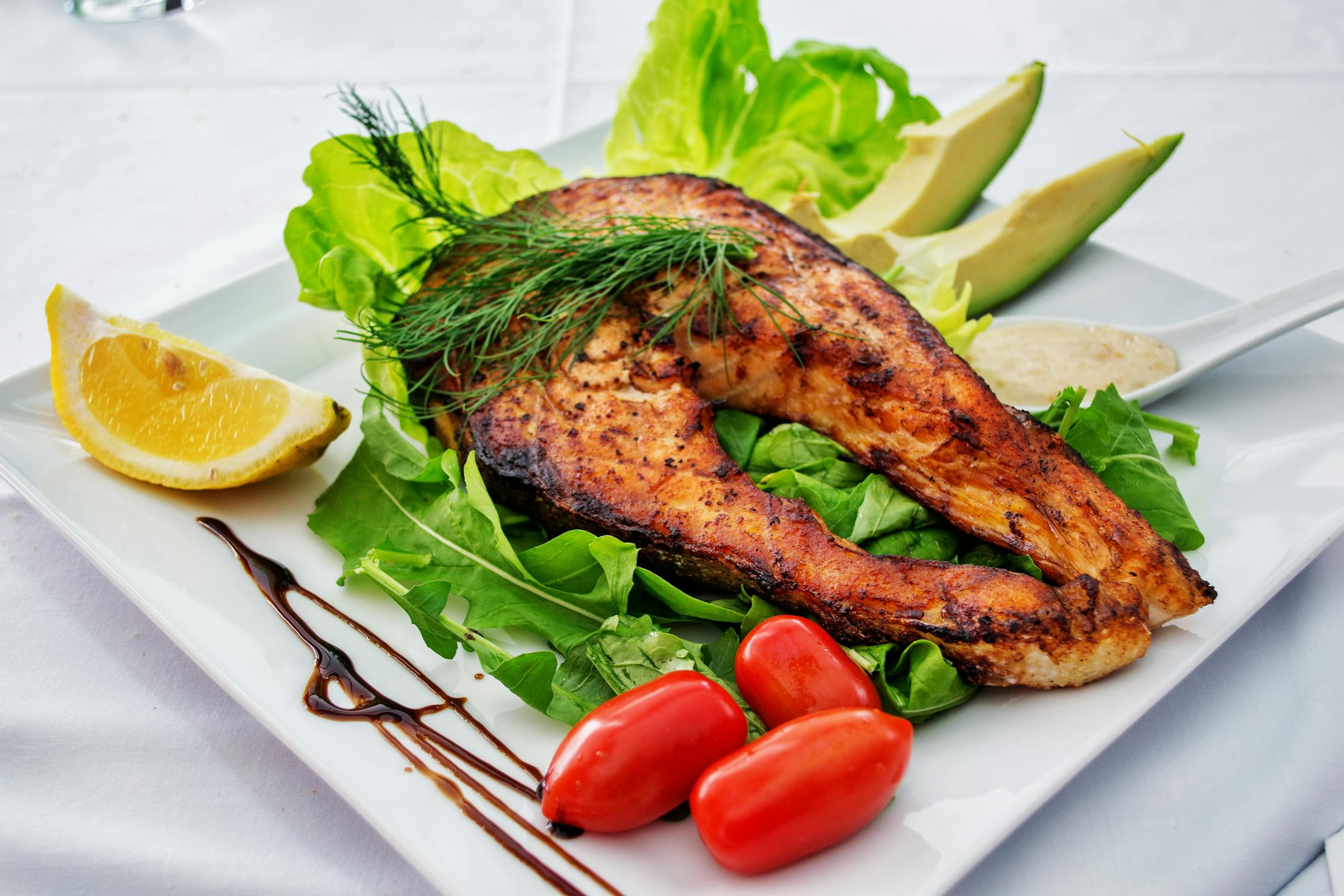I believe the Bible is the manual for life. It teaches how we treat others, how to be a good
citizen, and a good spouse. I also believe in teaching how to live a long healthy life with less disease and illness. Yeah, I know. The Bible is old. Nowadays we have a lot of advancements in medicine and nutrition. But I believe the bible contains wisdom and knowledge from Yahweh himself. And I believe this knowledge is timeless. People read and study the bible for spiritual issues, learn how to be a good person, and to become more like the Savior Yahshua. And that's great. But I believe Yah also cares about your physical health and wellbeing. Not just your spiritual health. There are hundreds of examples of healthy eating in the Bible. Plus medical and scientific facts prove the Mediterranean diet is one of the healthiest eating lifestyles in the world.
The eating habits of the people in the bible are still being followed today by people that live in the Mediterranean and other parts of the world. There are doctors and nutritionists who consider the “Mediterranean diet.” or the “Bible diet” as one of the healthiest eating habits. Studies show that people that follow this lifestyle have less disease, obesity, cancer, and diabetes. When we study the Mediterranean diet pyramid we get a clear understanding of what the Mediterranean diet is and how this lifestyle says we should eat.
In 1901, 100 nations were studied and the United States was ranked the healthiest on the list. By 1981 The U.S.A ranked ninety-five.
You can look to the Mediterranean diet pyramid for a pretty clear picture of what you should eat and how much.
We Should Be Eating More Whole Grains!
The base of the Mediterranean diet is grains. It's the foundation. Nutritionists and experts say we should be eating 2 to 11 servings of grains A day. This includes bread, pasta, couscous, polenta, and bulgar wheat and other grains. Now of course they did not have refined grains in biblical times. So the grains they had were whole gains. Whole grains have protein, fiber, nutrients, carbohydrates, and important B vitamins. Manufacturers refine grains so that they will last longer on store shelves. It’s full of calories but no real food value. When grains are refined a lot of these nutrients get destroyed. Now you may have noticed when you buy white bread or pasta, the package says “enriched” the reason for this because, after they kill all the nutrition, they add some of it back. Some! They only add back about eight of the minerals and vitamins they take away and they are synthetic. There are many different types of grain in North America, we mostly use wheat. Other popular grains are rice, millet, barley, rye, corn, durum, wheat, spelt, oats, corn, buckwheat, and quinoa. When it comes to bread. When it comes to the bread we want it to be whole wheat bread. Read the package and make sure it says whole wheat and not just wheat. There is a big difference, Also look for barley bread and bread that have millet and spelt in them. Whole wheat bread gives your body important B vitamins, phosphorus, iron, Vitamin E, plus it helps protect your body against colon cancer and heart disease. Barley bread helps you improve digestion, lower risk of cancer, and lower cholesterol. Oh, and bread with spelt and millet help with premenstrual cramps and can help heal wounds.
Whole wheat and other whole grains are good as they stay in their original, God made state. They become bad when man refunds or changes them. When gains are refined most of the nutrition is killed. In grains like rice, wheat and barley, most of the nutrition is in the outer layer. The outer layer gets destroyed during the refining process. The outer layer contains B vitamins that are needed for the digestion of the starch AKA carbohydrates in the grain. It also contains fibers that are needed for good.
There is research that proves that eating whole grains can help your body fight deadly diseases. Studies also show that eating whole grains can help lower the risk of ischemic heart disease in postmenopausal women. (Jacobs, D.R., Jr., Meyer, K.A. “Whole Grain Intake May Reduce The Risk Of Ischemic Heart Disease Death In Post Menopausal Women: The Iowa Women’s Health Study” American Journal of Clinical Nutrition, August 1998, pp 248-257) Studies show that eating whole grains lowers the risk of getting many types of cancers like cancer of the mouth, esophagus, stomach, colon, rectum, liver, bladder, kidney, plus Hodgkin’s disease and non - Hodgkin’s lymphomas (Chatenoud, L. Tavani, A., La Vecchia, C., Jacobs, D.R., Jr Negei, E., Levi, F, Francceschi, S., “Whole Grain Food Intake And Cancer Risk, “International Journal of Cancer, July 1998, pp24-28.)
When you eat unrefined whole grains, you are eating the natural fiber that Yahweh created to be Apart of your diet. We know of at least two things fiber does for you and your health. And both have to do with removing waste from your body.
- It locks down harmful toxins and chemicals, binding them to itself and removing them from your body.
- It moves unhealthy materials from your intestines.
Whole wheat contains protein, carbohydrates, fiber, calcium, phosphorus, iron, potassium, magnesium, zinc, copper, selenium, folate, phytic acid, saturated fat, monounsaturated fat, polyunsaturated fat, and the vitamins B¹, B², B³, B⁶,C, and E.
To digest the starch or carbohydrates found in wheat your body needs fiber and B complex vitamins.
The current fad in the United States is to eat less bread and carbs for cosmetic reasons. But we need more fiber-rich gains in our diet. It’s very important that we get back to eating whole-grain bread and pasta.


Comments